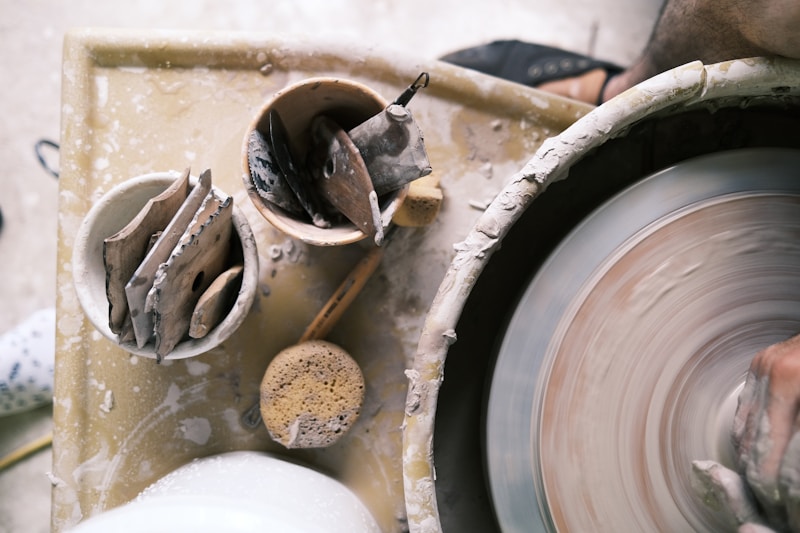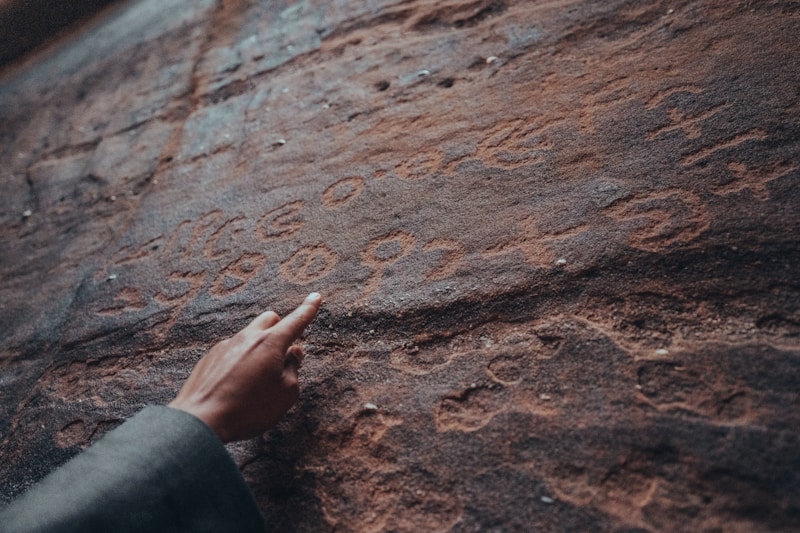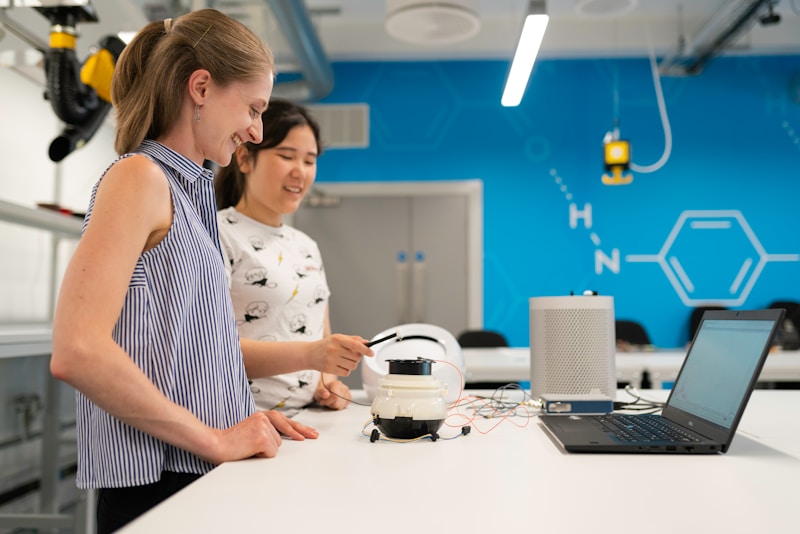Questions and Answers
What is the main goal of the heating process mentioned in the text?
To maximize the strength by obtaining a compact and dense internal structure
Which of the following is NOT a characteristic of most ceramics according to the text?
Conductive
In addition to art sculptures and kitchenware, where else are ceramics commonly found?
As building materials
What are some lesser-known uses of ceramics mentioned in the text?
Signup and view all the answers
What might be a future use of ceramics?
Signup and view all the answers
What is the main difference between traditional ceramics and most industrial ceramics?
Signup and view all the answers
What is the purpose of adding small amounts of wax during the manufacturing of ceramics?
Signup and view all the answers
What is the role of densification in the manufacturing of ceramics?
Signup and view all the answers
How are impurities, including water, removed from ceramic powder during manufacturing?
Signup and view all the answers
What happens to the powder particles as a ceramic object is heated in an electric furnace?
Signup and view all the answers
Study Notes
Ceramics Overview
- Ceramics are commonly found in art sculptures, kitchenware, and other applications beyond these, such as space shuttles and biomedical implants.
Characteristics of Ceramics
- Most ceramics are not electrically conductive, non-metallic, and non-magnetic.
- A characteristic that most ceramics do not possess is being electrically conductive.
Heating Process
- The main goal of the heating process is to remove impurities, including water, and to densify the ceramic material.
Industrial Ceramics
- The main difference between traditional ceramics and most industrial ceramics lies in their manufacturing process.
Manufacturing Process
- Small amounts of wax are added during the manufacturing process to help bind the ceramic powder particles together.
- Densification plays a crucial role in the manufacturing process as it strengthens the ceramic material.
- Impurities, including water, are removed from ceramic powder through a process called dehydration.
- As a ceramic object is heated in an electric furnace, the powder particles bond together, forming a solid mass.
Future of Ceramics
- A potential future use of ceramics could be in the development of advanced biomedical implants.
Studying That Suits You
Use AI to generate personalized quizzes and flashcards to suit your learning preferences.
Description
Test your knowledge on ceramic materials and their production processes. Learn about traditional ceramics like porcelain and pottery, as well as industrial ceramics made from pure powders of specialty chemicals. Explore how minerals are extracted from the earth and processed into fine powders for ceramic production.




